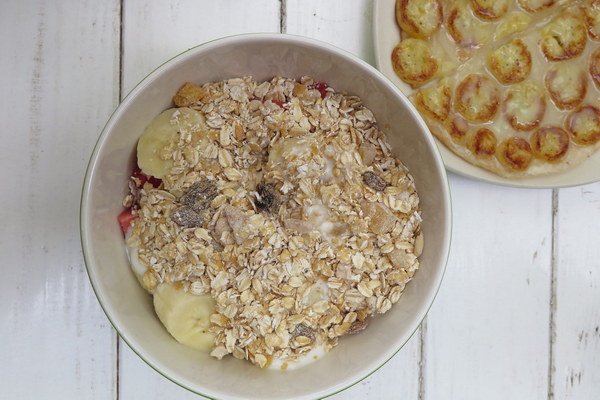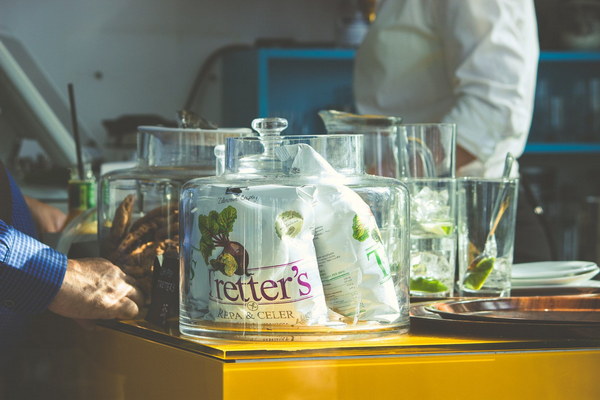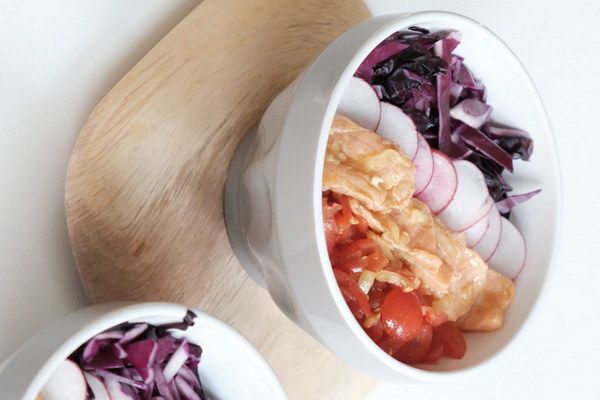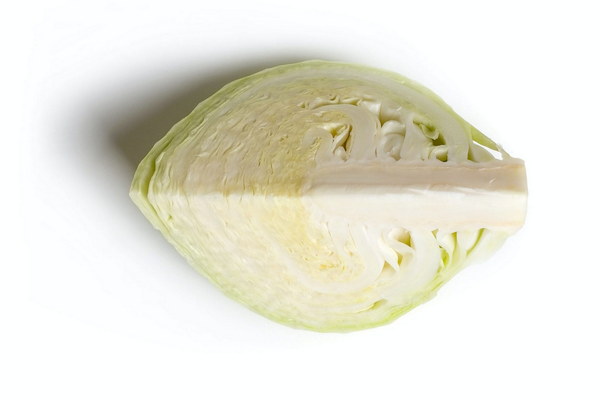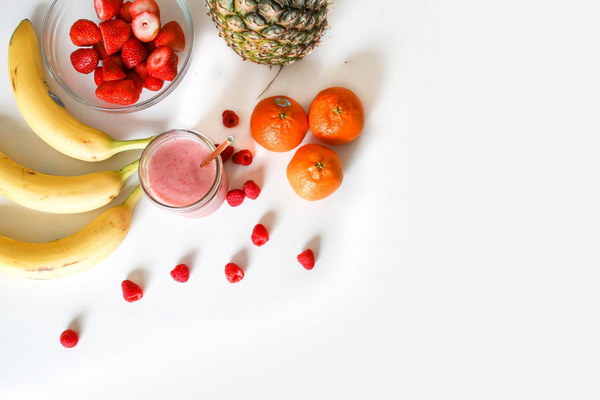Natural Remedies for Excessive Sweating in Children A Nutritional Approach
Excessive sweating in children can be a cause for concern, especially if it disrupts their daily activities or leads to discomfort. While medical interventions are sometimes necessary, many parents prefer to explore natural remedies and nutritional approaches to manage their child's condition. This article delves into the world of dietary adjustments and food choices that can help alleviate excessive sweating in children.
Understanding Excessive Sweating in Children
Excessive sweating, also known as hyperhidrosis, can be a result of various factors, including genetics, nervous system disorders, or underlying medical conditions. However, in many cases, it is triggered by environmental factors or dietary choices. By identifying and addressing these triggers, parents can help their children manage their condition more effectively.
Nutritional Remedies for Excessive Sweating
1. Stay Hydrated: Ensuring that your child stays well-hydrated is crucial, as dehydration can exacerbate sweating. Encourage them to drink plenty of water throughout the day, and offer water-rich foods like fruits and vegetables.
2. Avoid Stimulants: Foods and drinks high in caffeine, such as chocolate, soda, and energy drinks, can trigger sweating. Replace these with calming beverages like herbal tea or warm milk.
3. Incorporate Magnesium-Rich Foods: Magnesium is an essential mineral that helps regulate the nervous system and can reduce sweating. Foods rich in magnesium include almonds, cashews, spinach, and black beans.
4. Eat Iron-Rich Foods: Iron deficiency can lead to an increase in sweating. Incorporate iron-rich foods such as lean red meat, fish, poultry, and legumes into your child's diet.
5. Limit Salt Intake: Excessive salt can lead to dehydration and increased sweating. Encourage your child to eat a balanced diet with minimal salt and avoid processed foods.
6. Boost Vitamin B Complex Intake: B vitamins, particularly B6 and B12, play a vital role in the nervous system and can help reduce sweating. Foods rich in B vitamins include whole grains, nuts, seeds, and legumes.
7. Include Probiotics: A healthy gut can lead to better overall health, including reduced sweating. Probiotic-rich foods such as yogurt, kefir, and fermented vegetables can help maintain a balanced gut flora.
Healthy Recipes for Excessive Sweating
1. Magnesium-Rich Almond Butter and Banana Smoothie: Blend 1/2 cup almond butter, 1 ripe banana, 1 cup unsweetened almond milk, and a sprinkle of cinnamon until smooth. This smoothie is rich in magnesium and provides a healthy snack or breakfast option.
2. Iron-Rich Lentil Soup: Prepare a batch of lentil soup with carrots, celery, onions, garlic, and diced tomatoes. Add a handful of spinach or kale towards the end of cooking for added iron and vitamin B6.
3. Probiotic-Rich Yogurt Parfait: Layer Greek yogurt with fresh berries, granola, and a drizzle of honey for a nutritious and delicious dessert that promotes gut health.

Conclusion
While excessive sweating in children can be a challenging condition, adopting a balanced and nutritious diet can help manage the symptoms. By incorporating the right foods and avoiding those that may exacerbate sweating, parents can support their child's overall well-being and comfort. Remember, it is always a good idea to consult with a healthcare professional when dealing with a child's health concerns.

